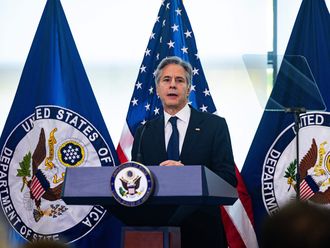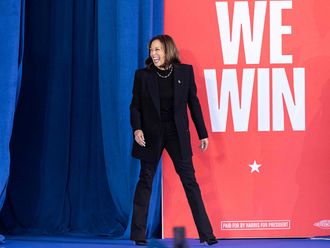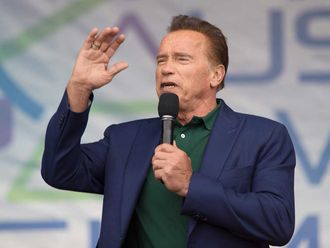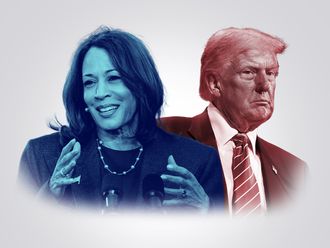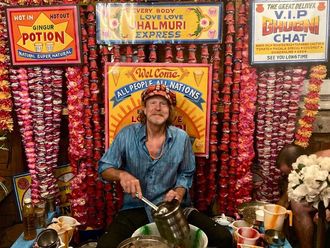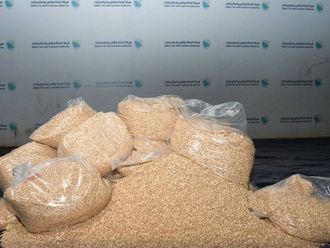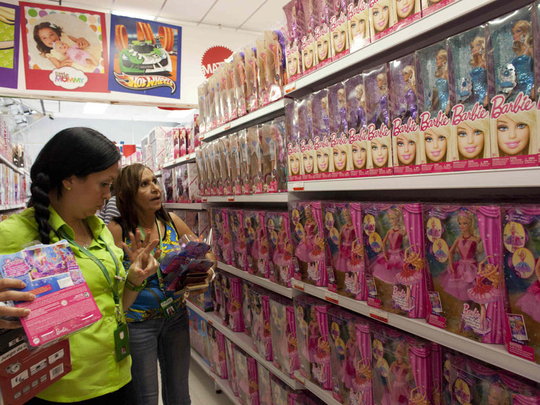
CARACAS, Venezuela: Socialism has embraced Barbie, just in time for Christmas.
Mothers, grandmothers and beaming little girls are grabbing armfuls of the dolls in toy stores across Caracas, taking advantage of the government’s order that large chains sell the plastic figurines at fire-sale prices during the holiday shopping season.
No sooner had saleswoman Crystal Casanova begun mounting a display of gleaming pink boxes on a recent weekday than a horde of women descended. Soon, she and her co-workers were letting customers grab the Barbies straight out of the Mattel-stamped cardboard cartons.
Within minutes, the entire stock was gone, with the dolls selling for as little as 250 bolívars (Dh22.96; $2.50) at the widely used black market conversion rate.
Venezuela’s socialist government has long imposed price caps on essential products, from milk to laundry detergent, and threatened merchants who hoard goods or sell them at unfairly high margins with jail time.
Now President Nicolas Maduro is making the Barbie doll, often derided by leftists as a training tool for capitalist consumerism, a highlight of this year’s ‘Operation Merry Christmas’, which he presented as an effort to prevent speculators from ruining the holidays.
Maduro’s mentor, the late President Hugo Chavez, once denounced ‘the stupidity of Barbie’ and called for Venezuela to develop its own iconic children’s toys.
Feminists, too, criticise the doll for presenting an unhealthy image of the female body, though in Venezuela, a land of beauty queens and abundant plastic surgery, it’s an image many women strive to meet.
The toy isn’t the only product affected by the initiative. Across town from the Barbie bonanza, the government is selling big-ticket products directly to shoppers at a fraction of what they usually cost.
Hundreds of Venezuelans have been camping out for a shot at buying plasma TVs, computers and refrigerators at a government-run fair that began this month. It’s the second year that the administration has sponsored this kind of Christmas special.
Business leaders say that mandatory discounts on products sometimes force retailers to sell at a loss, discouraging imports and feeding shortages, though retailers declined to comment on the case of the Barbies. Government inspectors allege the stores are speculating with unfairly high prices, taking advantage of people’s need to buy Christmas presents.
For shoppers contending with chronic shortages, hourlong checkout lines and the world’s highest inflation, the sporadic price cuts are a rare bright spot that even critics of Chavez’s socialist ideology can enjoy.
Andrea Alberto, a 22-year-old student, managed to nab a stack of dolls for her stunned-looking 3-year-old, under whose arm she’d tucked an ‘I Can Be Cheerleader’ Barbie, complete with sparkling pom-poms.
Last year, she had to pay dearly to put a brand-name doll under the tree. The more elaborate Barbie models go for 3,500 bolívars — three week’s pay for someone earning minimum wage.
“It’s his fault we’re in this mess, but I guess I have to admit I am benefiting from Chavismo right now,” Alberto said, laughing with her friends.
Maria Gonzalez, who lives in one of Caracas’ hillside slums, snagged two deeply discounted ‘Spa to Fab’ Barbies, which go for $19.50 in the U.S. Her grandchildren love the dolls, she said, but she could never afford to buy them any.
“They’re going to be so excited,” she said, and then went back to see if she could find a third box.


